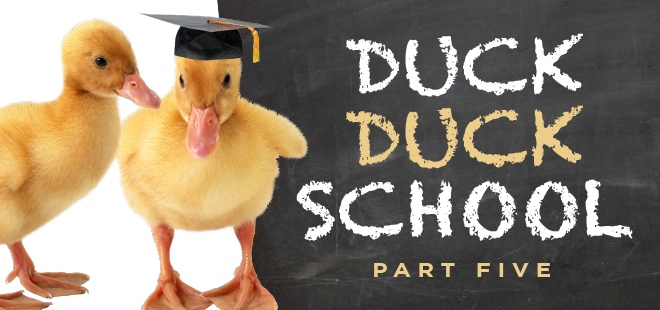This article was imported from our previous website, which many have broken some of the content. We apologize in advance for any strange formatting or broken links you may find.

An Elementary Education in Empathy
“She doesn’t laugh at me,” Keeley complained after school one day last year during the first few weeks of kindergarten. “I say things that are funny, but she doesn’t laugh at me.”
“Well, not everyone needs to think you are funny.” I thought I would zero in on the heart issue right away of needing approval from others. Lord knows, I need help with that!
Keeley came home a few more times, confused and frustrated that this one friend in her class just wouldn’t laugh. I would find out soon enough what was behind this little girl’s straight face.
I am privileged to be able to stay at home with my kids while my husband, Chris, is the sole provider for our family. This allows me the opportunity to help in Keeley’s kindergarten/first grade combination class at our neighborhood school. (Read more about our choice for our kids to attend our neighborhood school, starting in Duck, Duck School Part 1.) Once a week I assisted students during center time, and it was in these precious morning hours that I got to know Keeley’s peers. The students were so respectful to me. Between phonics bingo cards, we chatted about similarities between our house and theirs.
“You share a room with your cousin? Did you know that Keeley shares a room with her brother?”
“Pizza is one of our favorites dinners too!”
“Know what? Keeley just learned to ride her bike too!”
Then there were moments when the differences between us were glaringly obvious.
“I’m going camping with my mom soon,” said one little boy we knew from preschool. I was careful in continuing with this conversation, knowing that his father now had sole custody of him and has a restraining order against Mom due to alcoholism and violence. “You are?” I asked. “Yeah, we love going camping.” I nodded, saying a prayer for healing in his heart and for his dad, who is bravely making tough decisions to keep his son safe.
One child was so excited about her new backpack. She and her two brothers all received new backpacks! I smiled to myself, remembering the giant heap of coats and backpacks the Fig Garden Campus church family donated to this school.
I noticed one little girl was very quiet. She nodded yes and no to most of my questions. Another child at the table spoke up, “She doesn’t speak English.”
“Oh,” I responded. “Solamente Espanol?” She nodded. I used my three successful years of high school Spanish to help her with understanding the instructions of the assignment until she could confidently attempt English phonic sounds. And then I knew what questions I would ask Keeley when I picked her up from school.
“Keeley, your friend who wasn’t laughing at your jokes, is she your friend with a ponytail, with long, straight hair?”
“Yes, she doesn’t laugh when I say funny things.”
“Do you know what I learned today? I learned that your friend is just now learning how to speak English. She speaks Spanish at home. That’s how her parents and family talk – in Spanish. That’s why she wasn’t laughing when you said something funny. It’s because she is just now learning what words mean in English. Isn’t that so awesome that she gets to learn two languages? Do you think you should get frustrated when she doesn’t know what you’re talking about?”
“No,” she said in a small voice as she looked out the window of our car.
“What are ways you can help her?”
“If she doesn’t think it’s funny, I could tell her what the words mean.”
“That’s right! How do you think that would make her feel?”
“Good!”
“Yeah! You would be a good friend to help her. Remember we talked about empathy? Empathy is when you think about how someone else feels.”
“I know, Mama.”
We made the left turn into our neighborhood, into the cover of mature trees, and rolled through a puddle on the corner.
“Well,” I am so proud of you now that you understand how she feels, and now you can help her.”
“Look! A hammock! We had a hammock when we went camping!”
“Yes, we did.”
And thus concluded that conversation! I checked in with her over the next few days about ways she was connecting with her friend. Keeley told me she wasn’t getting mad anymore when her friend didn’t laugh. She said they ended up playing on the slide together, which, I guess, is its own universal language.